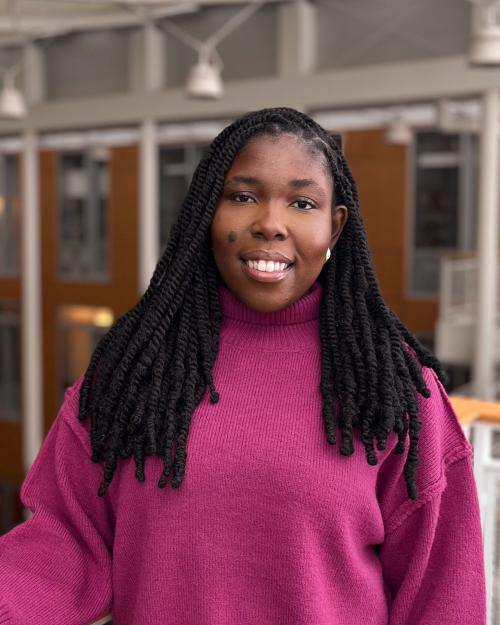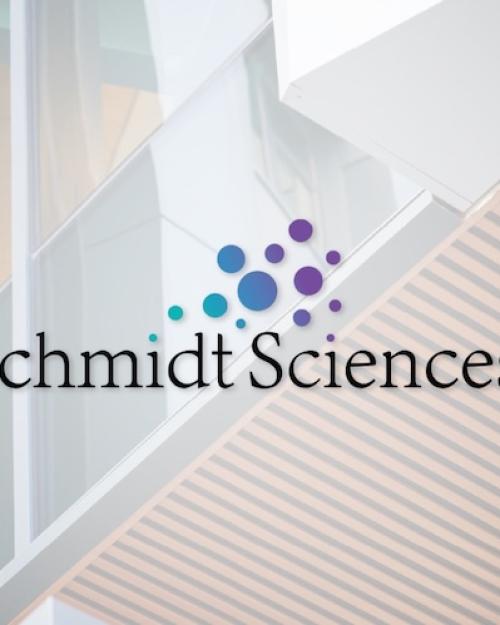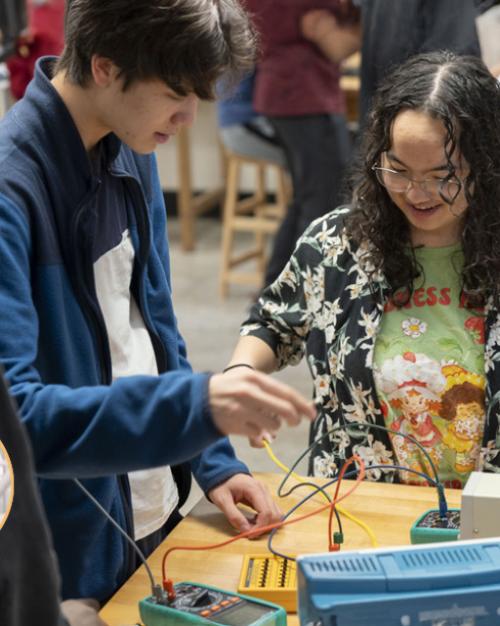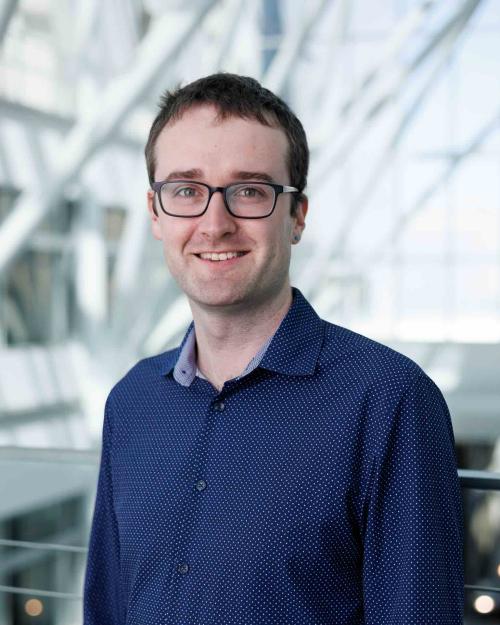Alexander Betts
Assistant Professor, Mathematics
Academic focus:
Arithmetic geometry, Diophantine equations, fundamental groups
Current research project:
My main interest lies in understanding problems in number theory using tools imported from topology, especially fundamental groups. Despite coming from a completely different field, these fundamental groups are tied to the arithmetic of varieties in profound ways and can even be used in the practical solution of Diophantine equations through the Chabauty--Kim method. My research is focused on developing a better understanding of these fundamental groups and their consequences for Diophantine equations.
One recent project has been about understanding when these methods succeed in computing the solutions to a Diophantine equation, and when they fail. A certain dimension heuristic predicts when the Chabauty-Kim method should succeed or fail, but this heuristic is known to be incorrect, in that the method can still fail even when the dimension heuristic predicts that it should succeed. In my recent work, I have been building towards a complete classification of these unexpected failures for a particularly simple kind of Diophantine equation, so that we may eventually understand the possible failure modes in general.
Previous positions:
- Postdoctoral Research Scientist, Department of Mathematics, Harvard University, 2020-2024
- Postdoctoral Guest, Max Planck Institute for Mathematics, Germany, 2018-2020
- Research Assistant, Department of Mathematics, King's College London, U.K., 2017-2018
Academic background:
- D.Phil., Mathematics, Oxford University, 2018
- M.Math., Mathematics, Cambridge University, 2014
- B.A., Mathematics, Cambridge University, 2013
Last book read:
“Uprooted” by Naomi Novik
In your own time/when not working:
I enjoy hiking and playing board games with friends. A recent favorite has been Netrunner, a cyberpunk-inspired hacking card game which I played as an undergraduate and have been getting back into.
Courses you’re most looking forward to teaching:
One of the things I love most about number theory is the wide range of tools we get to use from across pure mathematics. So I'm looking forward to teaching a diverse range of courses at Cornell: number theory, topology, algebraic geometry, maybe even mathematical logic.




